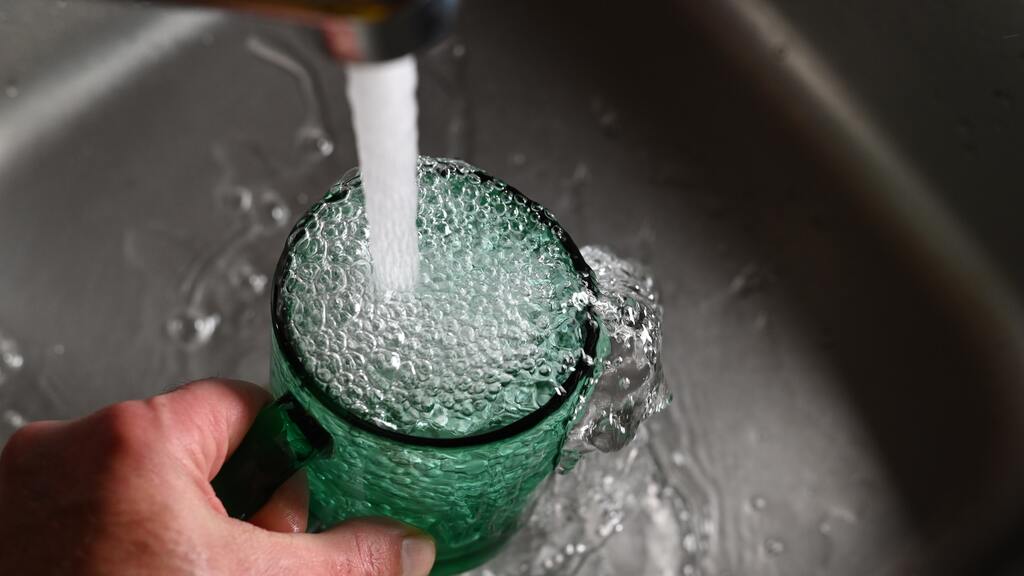1. Electricity for your Indonesian property
Connecting a newly built home in Indonesia to the electricity supply can be difficult. There is a waiting list most of the time, making it take over a year to connect to the power network. Electricity bills are paid monthly between the 6th and the 20th and can be paid using a local bank or at certain shops and supermarkets.
In Jakarta, people can apply for an electricity connection by visiting the nearest Perusahaan Listrik Negara (PLN) office. Many homes, especially in Bali and Lombok, have a small device installed where the property owner can pay for the electricity by voucher or pre-paid card. A warning beeping will alert you once the pre-paid credit becomes near exhaustion. You can buy a voucher or pre-paid card at different shops and supermarkets. These cards have a 20-digit number which you enter on the keypad of your Pre-paid Meter (MPB).
Valuable insights and practical advice, distilled from years of expertise and real-world experience.
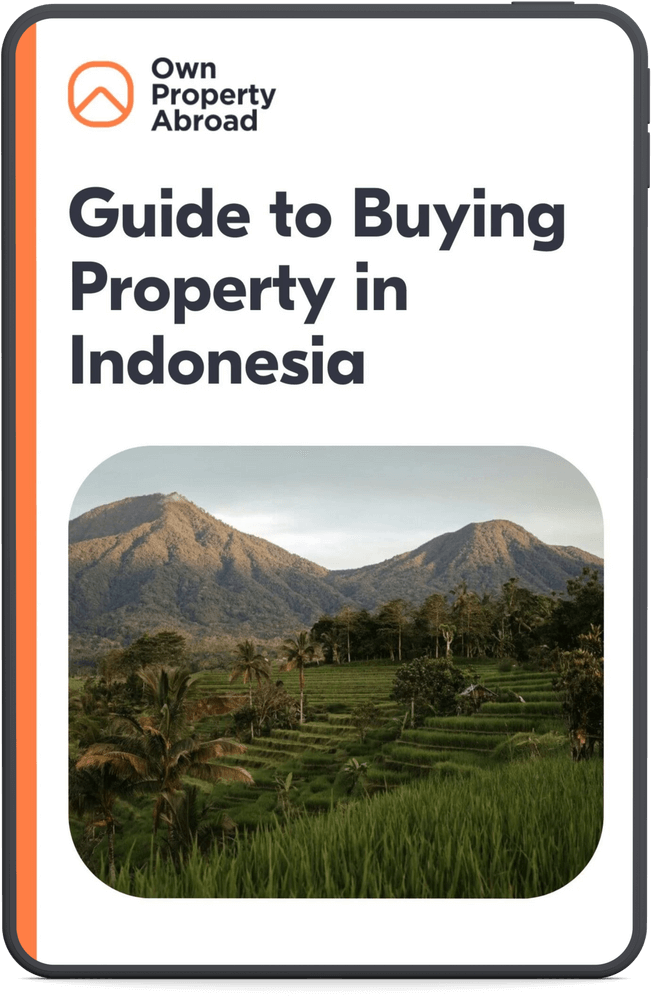

How to receive electricity in your Indonesian home (post-paid electric plan)?
You can receive electricity in your home by following these steps:
- Apply for a Meter Connection Certificate (SLO) from your area’s local electricity company (PLN).
- Apply along with a copy of your ID and your property deed.
- Wait for the SLO to be issued by the PLN, which usually takes around 10-14 days.
- After receiving the SLO, pay the installation fee and sign an agreement with PLN.
- After the installation, the PLN will provide a meter and connect your property to the electricity grid.
How to receive power with a pre-paid plan in Indonesia?
You can receive power with a pre-paid plan by following these steps:
- Buy a pre-paid electricity voucher from a nearby authorized vendor. These vendors are found at PLN offices and most supermarkets (Indomaret, Alfamart, Minimart, and Circle K). You can also buy the code in online banking apps and e-commerce applications like Shopee, Tokopedia, Gojek, and Grab.
- Scratch off the voucher code to reveal the number, then enter the number in your electricity meter.
- The meter will add the value of the voucher to your electricity credit balance, enabling you to use electricity.
- Use electricity as needed until the credit balance runs low, then repeat the process by purchasing and entering a new pre-paid voucher.
It’s important to note that electricity in Indonesia is 220 volts AC and 50 Hz cycle power. In comparison, this is 110 volts in most Western countries. You might have to use a transformer and plug adapter to charge your electric devices on the Indonesian power network.
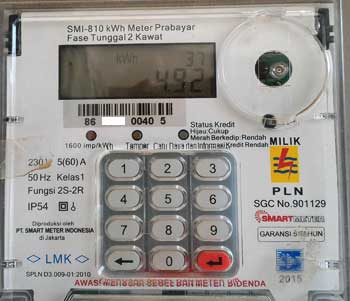
Electricity outages in Indonesia
Electricity outages are common in Indonesia, especially during tropical storms, which can damage power connections and cables. Rolling brownouts and outages are also increasingly common due to high demand exceeding production capabilities. To report outages, call the 24-hour service line of PLN at 123 and leave a message. However, having an Indonesian-speaking friend or staff member to leave a message may be necessary. While PLN staff may not provide much assistance or estimate when the power will be restored, reporting the outage is still recommended as they may not be aware of the problem and can investigate the cause.
Costs of electricity in Indonesia
The price of electricity in Indonesia is IDR 1,450 ($0.09) per kWh for households and IDR 1,125 ($0.07) for businesses.
The total monthly costs depend on the household size. The average prices for a two- or three-bedroom villa would be between IDR 1.5 million ($91.50) to IDR 2.5 million ($153) per month.
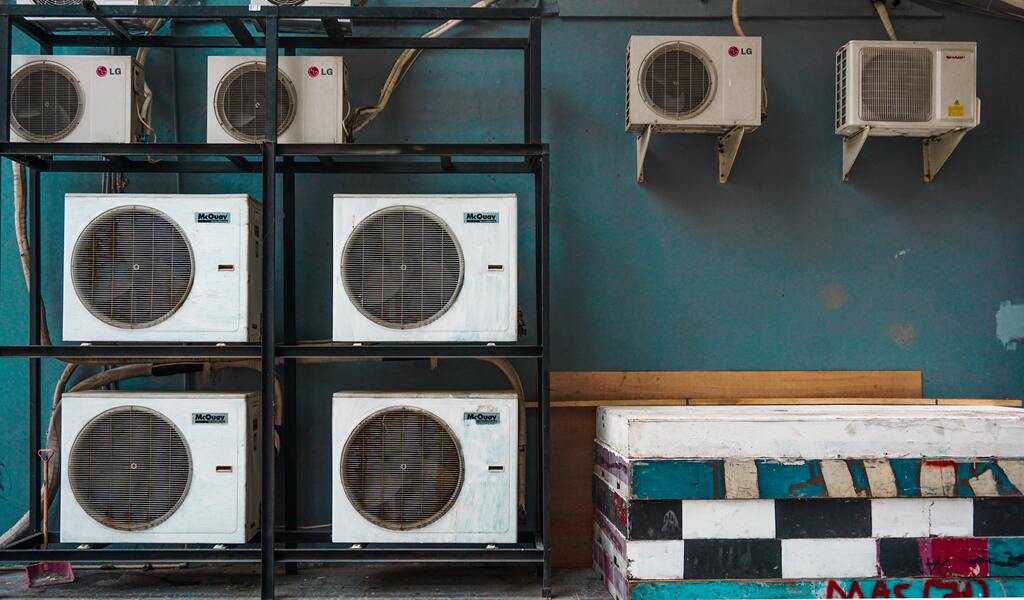
2. Gas
While some gas pipelines exist in Indonesia, the gas network isn’t available everywhere, especially in remote or hard-to-reach areas such as Bali and Lombok. As a result, many households and businesses rely on propane gas cylinders for cooking and heating purposes. You can buy gas cylinders from various suppliers, including gas companies, hardware stores, and supermarkets. These cylinders typically come in different sizes. Customers can exchange empty cylinders for full ones at gas stations or authorized dealers.
Costs of LPG gas in Indonesia
The average cost of a 12 kg gas cylinder is about IDR 187,000 ($11.41), while a 5.5 kg gas cylinder costs IDR 88,000 ($5.37).
3. Tap water
Contact the local water utility or a private water supplier to receive tap water in your house. You can usually open an account with the water utility or supplier by providing your identification and proof of residence and paying a deposit and installation fee. The process may vary depending on the location and the specific water supplier, so checking with the relevant authorities or companies for more information is recommended.
Local water provider in Bali
Bali’s local water utility provider is Perumda Daerah Air Minum (PDAM) Tirta Sewakadarma. It is a state-owned company that supplies clean water to households and businesses in Bali and other areas in Indonesia. PDAM Tirta Sewakadarma offers various services, such as installing water meters, repairing water pipes, and handling water bills. To open a new account or report issues related to water supply, customers can contact PDAM Tirta Sewakadarma through their website, customer service hotline, or local office.
Jakarta and Lombok
The local water utility provider for Jakarta is Perusahaan Daerah Air Minum (PDAM) Jaya, which supplies clean water to households and businesses in Jakarta and surrounding areas. Lombok’s local water utility provider is Perusahaan Daerah Air Minum (PDAM) Kota Mataram.
Can you drink tap water in Indonesia?
You better not drink Indonesian tap water. The water quality depends on the location, but pollutants, bacteria, and other microorganisms may make drinking tap water dangerous. Boil tap water before washing dishes or brushing your teeth to destroy germs and viruses. So, to avoid health concerns, drink bottled or filtered water in Indonesia. Grocery, convenience, and other establishments sell bottled water. Choose bottled water from a reputed brand like Aqua, Cleo, Nestle Pure Life, Vica, Equil, or Balian to prevent contamination.
Cost of the house water bill in Indonesia
The average cost of tap water supply is about IDR 100,000 ($6.10) per month.
The cost of the house water bill in Indonesia can vary depending on the size of the property and the amount of water consumed. These are the water tariff rates in Indonesia:
- 0-10 cubic meters = IDR 4,900 ($0.30)
- 11-20 cubic meters = IDR 6,000 ($0.37)
- 20 cubic meter = IDR 7,450 ($0.45)
Valuable insights and practical advice, distilled from years of expertise and real-world experience.


4. Waste disposal in Indonesia
There are multiple methods of waste disposal in Indonesia. The Banjar provides organized waste pickups (in Bali); however, most of this waste ends up on illegal dump sites. It is advisable to use private companies that promote waste separation and recycling. Companies like Eco Bali Recycling collect, separate, and recycle waste appropriately in Bali.
Costs of waste disposal in Indonesia
The cost of these services varies with household size but typically falls under IDR 1.8 million ($110) per year.
5. Cable TV
Even though streaming services are gaining popularity, cable TV still holds value for your villa. Providers, such as IndiHome by Telkom Indonesia, First Media, Transvision, MNC Play, and K-Vision, provide various packages to watch documentaries, movies, sports matches, and series.
Costs of cable TV in Indonesia
Cable TV costs depend on the provider and package, mainly varying between IDR 100,000 ($6.10) and IDR 460,000 ($28.06) monthly.
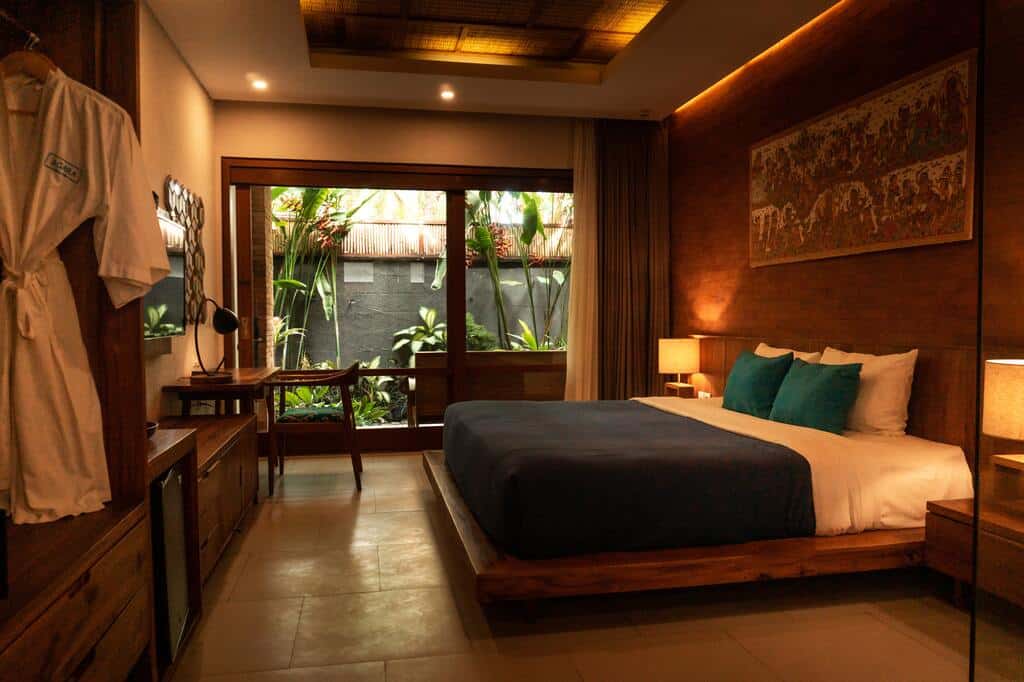
6. Internet (WiFi)
Having a reliable and fast internet connection is crucial for your villa, especially for renters who are digital nomads and require remote work. In Indonesia, internet connectivity is improving with time. Providers like CBN, Neuviz, and GlobalXtreme offer Fiber Optic connections in places such as Bali and Jakarta. These providers make it easy to create an account by visiting their websites.
Costs of internet in Indonesia
Internet providers offer services for an average monthly price of IDR 1 million ($61).
7. Community contributions
Community relations, particularly in Bali, are significant. Every property owner must contribute to the local community, known as Banjar. The Banjar plays a vital role in security and organization within the district. They also organize social and religious events within the community. Contributing to the Banjar, even if you do not attend the activities or ceremonies, indicates that you respect the local culture and traditions, making it more likely for the community to accept and respect you.
Costs of community contributions in Indonesia
Depending on the region, expect to pay an average contribution of IDR 100,000 ($6.10) to IDR 300,000 ($18.30) per month.
Get help with property utilities in Indonesia
Working with a local property manager to assist you with getting utilities for your property in Indonesia is recommended, as they can help you navigate the bureaucracy and language barriers. Do you want to know more about property management in Indonesia or villa management in Bali? Our property management guide will tell you everything you need to know.
Valuable insights and practical advice, distilled from years of expertise and real-world experience.


Conclusion
The Indonesian electrical system can be challenging to connect and varies by location. To receive post-paid electricity, you must apply for a Meter Connection Certificate, pay the installation fee, sign an agreement, and wait for the PLN to provide a meter and connect your property to the electricity grid. You can purchase pre-paid vouchers and enter them into your electricity meter for a pre-paid electricity plan.
Gas cylinders are a common gas source, which can be purchased from gas companies, hardware stores, and supermarkets. If you want to receive tap water in your Indonesian home, you can do so by contacting the local water utility or a private water supplier. It is not recommended to drink tap water in Indonesia. Bottled water is widely available, and a water filter system is the best way to ensure safe drinking water.
Frequently Asked Questions (FAQs)
How to add electricity in Bali?
You can add electricity in Bali by buying electricity credit at various retail locations, such as supermarkets and ATMs.
How much does power cost in Indonesia?
The price of electricity in Indonesia is IDR 1,450 ($0.09) per kWh for households and IDR 1,125 ($0.07) for businesses. The more electricity consumed, the higher the rate per kWh. This means that the more electricity you use, the more you pay.

